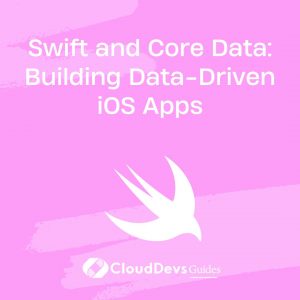Swift Q & A
How does Swift compare to Objective-C?
Swift and Objective-C are both programming languages used for developing applications within the Apple ecosystem, but they differ in several key ways:
- Syntax: One of the most noticeable differences is their syntax. Objective-C uses a verbose syntax with square brackets for method calls and a mix of C and Smalltalk-inspired syntax. In contrast, Swift has a cleaner and more modern syntax that is concise and easier to read, making it more approachable for new developers.
- Safety: Swift places a strong emphasis on safety. It includes features like optionals, type inference, and automatic memory management through Automatic Reference Counting (ARC). This focus on safety helps prevent common programming errors, reducing the likelihood of crashes and memory leaks.
- Performance: Swift is designed for high performance and often outperforms Objective-C due to its more modern memory management model and optimized compiler. It achieves comparable or better performance while providing safety features.
- Interoperability: Swift is interoperable with Objective-C, allowing developers to use both languages within the same project. This means that existing Objective-C codebases can be gradually migrated to Swift, making it easier for developers to adopt the language.
- Readability and Maintainability: Swift’s clean syntax and modern features enhance code readability and maintainability. It encourages developers to write clear and concise code, reducing the need for extensive comments and improving codebase comprehension.
- Tooling: Swift benefits from modern tooling and a growing ecosystem of libraries and frameworks. Its development environment, including the Xcode IDE, offers features that make coding in Swift more efficient and enjoyable.
- Community Support: While Objective-C has a long history and a wealth of existing resources, Swift has quickly gained popularity and has a growing and active community. This means that Swift has a bright future with ongoing development and support.
In summary, Swift is a more modern and developer-friendly language compared to Objective-C. Its emphasis on safety, performance, readability, and interoperability makes it a preferred choice for new iOS and macOS application development. However, Objective-C still has its place, especially in maintaining legacy codebases, but many developers are making the transition to Swift for its numerous advantages.

Previously at


Brazil

GMT-3
Experienced iOS Engineer with 7+ years mastering Swift. Created fintech solutions, enhanced biopharma apps, and transformed retail experiences.



